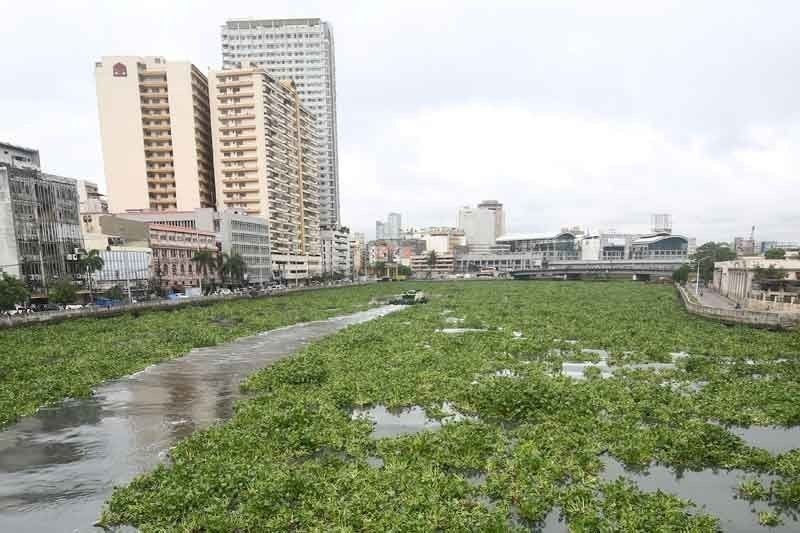Solar irrigation rollout targeted for early 2020
[ bworldonline.com ]

THE Department of Agriculture (DA) and various other agencies
have agreed to fast-track the Solar-Powered Irrigation project so the
network will be largely in place by the next El Niño.
“Today with NIA (National Irrigation Administration) and BSWM (Bureau
of Soils and Water Management), we agreed to fast-track the project
because this is the only way we can protect our farmers from next El
Niño,” Agriculture Secretary Emmanuel F. Piñol said in a briefing
Thursday.
“We have to fast-track it because if hindi namin mahabol [the system is not in place] by early 2020, 2021 [will be the next window for] implementation,” he said.
Currently, the dry spell has caused crop damage worth P7.96 billion with an estimated volume of 447,889 MT worth of output lost.
The interagency committee met today to draft the national irrigation
map (NIM), a plan which hopes to identify more areas for food production
along with the needed water resources.
An Israeli company, LR Group, has offered to fund the deployment of
6,200 solar-powered irrigation units for P44 billion. These units have
the capacity to irrigate 500,000 hectares, out of the over two million
hectares estimated to be in need of irrigation.
“(LR Group) agreed that as things stand now, they are not
part of the project because it will be a government-to-government
engagement. We are waiting for a document from the Israeli government
for a Memorandum of Agreement (MoA) on the solar-powered irrigation
system project cooperation,” he said.
The Philippines has a total of 3.9 million hectares of farmland, with only 1.2 million hectares effectively irrigated.
After the document is studied by the DA’s legal team, it will be
signed by the DA and the Israeli government. Then, the department will
submit a proposal to the National Economic and Development Authority
-Investment Coordination Committee (NEDA-ICC), which will then approve
the project, setting up a Swiss Challenge, where alternate providers can
submit better bids while LR holds the option to match them.
The funding plan calls for repayment within 10 years and a grace
period of two years. The total cost of the project is P50.5 billion,
including counterpart funding of P6.6 billion.]
Mr. Piñol said the DA hopes to submit the proposal to the NEDA-ICC by June.
Mr. Piñol added that the current dry spell struck at a time when many
crops were being harvested or had reached maturity. As a result, the DA
is maintaining its 20 million metric-ton (MT) target for rice this year
and 8.64 million MT for corn. — Vincent Mariel P. Galang
____________________________________________________





